Navigating the NFT Royalty Dilemma: Yuga Labs Takes a Stand
TL;DR:
- A dispute is unfolding between Yuga Labs and OpenSea, key players in the NFT world, regarding creator compensation
- Yuga Labs plans to stop trading its newer NFTs on OpenSea by February 2024 due to OpenSea’s decision to discontinue collecting royalties for creators
- NFT royalties are crucial for artists, setting NFTs apart from traditional art, and companies like Yuga Labs have benefited from resale royalties
- Web3’s potential faces challenges, as marketplaces like OpenSea have reduced or eliminated artist royalties to attract sellers with lower fees
- Yuga Labs will impact new collections on OpenSea by disallowing trading for “all upgradable contracts and any new collections,” while established collections remain
In the ever-evolving landscape of the NFT world, a clash is unfolding as Yuga Labs and OpenSea, two major players in the NFT space, grapple over the future of creator compensation.
The rift has ignited discussions and debates surrounding NFT royalties, the financial backbone of many artists and NFT creators.
The Unveiling of a Standoff
Yuga Labs, renowned for its iconic creations such as Bored Ape Yacht Club and CryptoPunks, has taken a bold stance.
The company announced its intention to cease the trading of its newer NFTs on OpenSea by February 2024.
This move serves as a protest against OpenSea’s recent decision to discontinue collecting royalties on behalf of NFT creators.
The notion of NFTs offering ongoing compensation to creators has been a fundamental promise, distinguishing these digital assets from traditional art.
Companies like Yuga Labs, whose Bored Ape collection gained substantial value, capitalized on the resale royalties.
For instance, Bored Apes alone generated approximately $35 million in royalties via OpenSea trades as of November 2022.
On @opensea's decision to sunset their Operator Filter. pic.twitter.com/ahc155WWkX
— Yuga Labs (@yugalabs) August 18, 2023
Struggles in the Realm of Web3
Web3 and the NFT ecosystem hold immense potential, yet the responsibility of enforcing and distributing royalties rested on NFT marketplaces.
As the NFT market experienced fluctuations, some marketplaces chose to forego artist royalties to attract sellers with reduced fees.
Leading marketplace Blur exemplifies this trend, imposing a mere 0.5 percent fee in contrast to artists’ customary 5 to 10 percent cut.
Yuga Labs’ Strategy
The scope of Yuga Labs’ protest is defined by practical constraints. While not all NFTs will be blocked on OpenSea, the company will terminate support for “all upgradable contracts and any new collections.”
The impact of this move will thus be felt more acutely by newer collections, while established ones like Bored Ape Yacht Club and CryptoPunks remain on the platform.
Emily Kitts, a spokesperson for Yuga Labs, emphasized the company’s intentions, stating, “We’ll be working toward disallowing OpenSea’s marketplace to trade our collections as they phase out royalties.”
However, specific details regarding the collections that will be affected remain undisclosed.
OpenSea’s Evolutionary Shift
OpenSea, once a proponent of enforcing creator fees, reversed its stance. It declared that starting from March 2024, royalty fees for artists would become optional.
This entails a shift towards a tipping system, where sellers can choose to distribute or withhold the fees.
This transition will apply to all new collections from August 31st onwards.
Navigating Business Models
NFT enterprises often rely on resale fees to sustain their operations. This model involves issuing a limited number of NFTs at a reasonable price, anticipating increased token value and consequent resale fees.
While not all NFTs employ resale fees—such as CryptoPunks—such fees are a crucial revenue stream for many.
A Philosophical Foundation
Daniel Alegre, the CEO of Yuga Labs, underscored the company’s ethos, affirming, “Yuga believes in protecting creator royalties so creators are properly compensated for their work.”
This conviction forms the bedrock of Yuga Labs’ protest and reflects the broader industry sentiment regarding the value of artists’ contributions.
Yuga Labs’ decision to take a stand illuminates the complexities of the NFT landscape, where financial models, artistic integrity, and platform dynamics intertwine.
The clash between Yuga Labs and OpenSea underscores the challenges and ethical considerations that come with revolutionizing traditional art ownership through blockchain technology.
As the NFT ecosystem evolves, questions surrounding royalties and creators’ compensation remain at the forefront of its development.
*Stay informed about the latest developments in the crypto world with XGA, your go-to source for up-to-date crypto news. Subscribe to our newsletter and join our community to stay ahead in the ever-evolving world of cryptocurrency.


